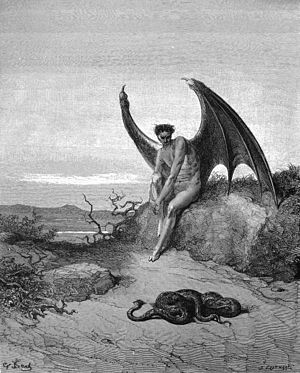Whenever we come to treat with entire respect those who conscientiously differ from ourselves, the only practical effect of a difference will be, to make us enlighten the ignorance on one side or the other, from which it springs, by instructing them, if it be theirs; ourselves, if it be our own; to the end that the only kind of unanimity may be produced which is desirable among rational beings,–the agreement proceeding from full conviction after the freest discussion.
The Elu of Fifteen ought therefore to take the lead of his fellow-citizen, not in frivolous amusements, not in the degrading pursuits of the ambitious vulgar; but in the truly noble task of enlightening the mass of his countrymen, and of leaving his own name encircled, not with barbaric splendor, or attached to courtly gewgaws, but illustrated by the honors most worthy of our rational nature; coupled with the diffusion of knowledge, and gratefully pronounced by a few, at least, whom his wise beneficence has rescued from ignorance and vice.
We say to him, in the words of the great Roman: “Men in no respect so nearly approach to the Deity, as when they confer benefits on men. To serve and do good to as many as possible, there is nothing greater in your fortune than that you should be able,
p. 172
and nothing finer in your nature, than that you should be desirous to do this.” This is the true mark for the aim of every man and Mason who either prizes the enjoyment of pure happiness, or sets a right value upon a high and unsullied renown. And if the benefactors of mankind, when they rest from their noble labors, shall be permitted to enjoy hereafter, as an appropriate reward of their virtue, the privilege of looking down upon the blessings with which their exertions and charities, and perhaps their toils and sufferings have clothed the scene of their former existence, it will not, in a state of exalted purity and wisdom, be the founders of mighty dynasties, the conquerors of new empires, the Cæsars, Alexanders, and Tamerlanes; nor the mere Kings and Counsellors, Presidents and Senators, who have lived for their party chiefly, and for their country only incidentally, often sacrificing to their own aggrandizement or that of their faction the good of their fellow-creatures;–it will not be they who will be gratified by contemplating the monuments of their inglorious fame; but those will enjoy that delight and march in that triumph, who can trace the remote effects of their enlightened benevolence in the improved condition of their species, and exult in the reflection, that the change which they at last, perhaps after many years, survey, with eyes that age and sorrow can make dim no more,–of Knowledge become Power,–Virtue sharing that Empire,–Superstition dethroned, and Tyranny exiled, is, if even only in some small and very slight degree, yet still in some degree, the fruit, precious if costly, and though late repaid yet long enduring, of their own self-denial and strenuous exertion, of their own mite of charity and aid to education wisely bestowed, and of the hard-ships and hazards which they encountered here below.
Masonry requires of its Initiates and votaries nothing that is impracticable. It does not demand that they should undertake to climb to those lofty and sublime peaks of a theoretical and imaginary unpractical virtue, high and cold and remote as the eternal snows that wrap the shoulders of Chimborazo, and at least as in-accessible as they. It asks that alone to be done which is easy to be done. It overtasks no one’s strength, and asks no one to go beyond his means and capacities. It does not expect one whose business or profession yields him little more than the wants of himself and his family require, and whose time is necessarily occupied by his daily vocations, to abandon or neglect the business
p. 173
by which he and his children live, and devote himself and his means to the diffusion of knowledge among men. It does not expect him to publish books for the people, or to lecture, to the ruin of his private affairs, or to found academies and colleges, build up libraries, and entitle himself to statues.

Moe is the founder of GnosticWarrior.com. He is a father, husband, author, martial arts black belt, and an expert in Gnosticism, the occult, and esotericism.







